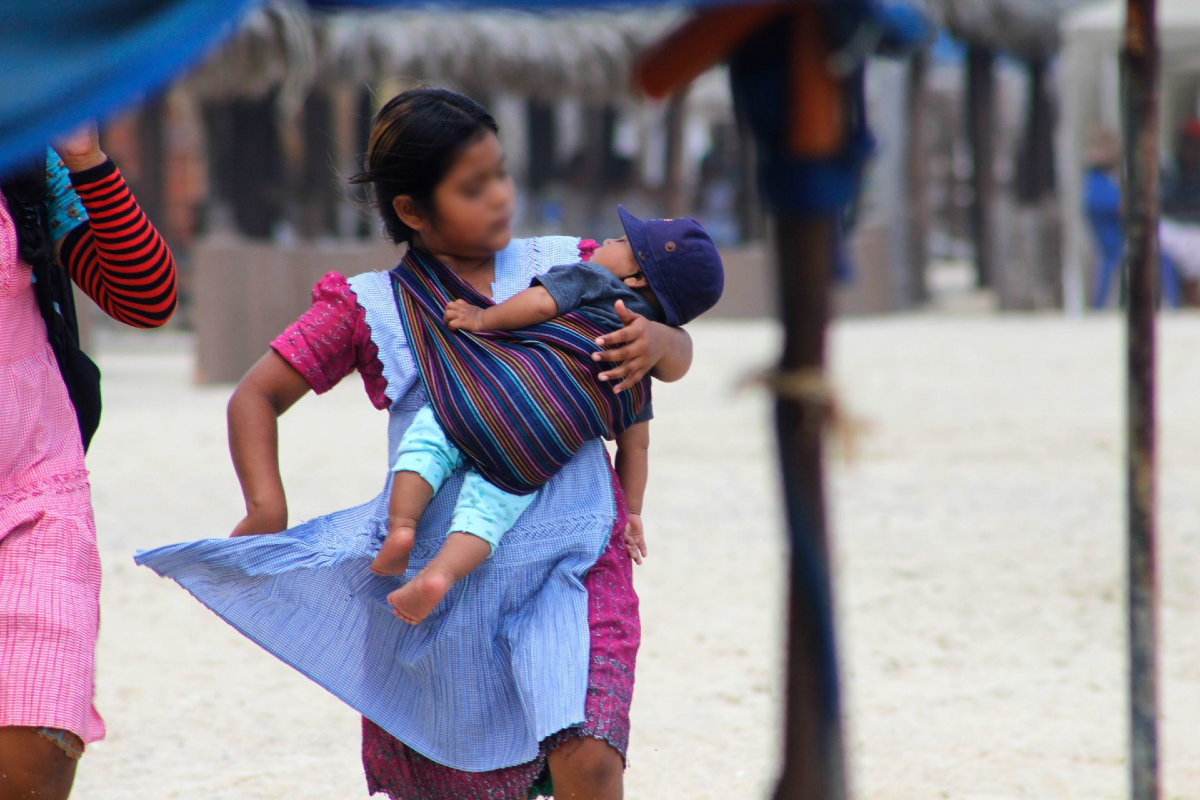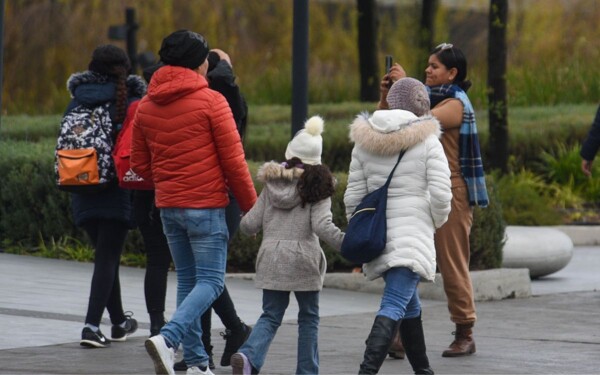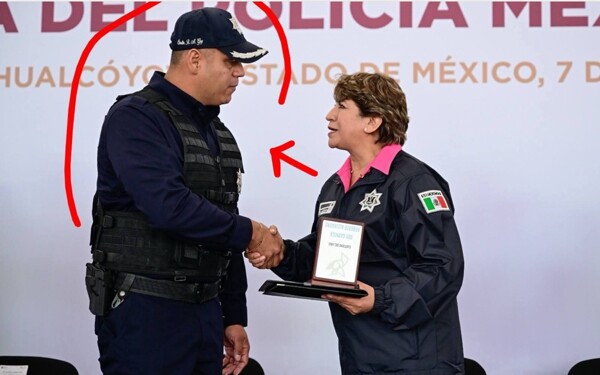
In Mexico, there is an urgent need for greater inter-institutional cooperation to put an end to child marriages, as the country is the second in Latin America with the most cases of this practice, which is considered harmful and persistent. This was warned by UN representatives and Mexican government authorities at a forum for Children's Day.
Alanna Armitage, representative of the United Nations Population Fund (UNFPA), emphasized the importance of developing joint actions to comprehensively address this issue, which affects one in five women in the region. During the forum 'Approach to Early and/or Forced Child Marriages and Unions in Mexico, Among Numbers and Voices', Armitage pointed out the reality of girls and adolescents whose childhoods are prematurely interrupted by forced unions that limit their potential and dreams.
In addition to the publication of a report, this year the event includes a display of children's drawings and paintings in collaboration with the National Population Council (Conapo) to give voice to survivors of this practice. Maki Kato, Deputy Representative of UNICEF in Mexico, highlighted that the country is the second in Latin America and the tenth in the world in terms of marriages or unions of adolescent girls before the age of 18, with 10.4 million cases, 400 thousand of which occurred before they turned 15.
Kato emphasized that protection against this harmful practice and violation of Human Rights is a children's right established in international treaties. She acknowledged governmental efforts in laws and public policies, although she emphasized that there is still much to be done, especially in light of the emergence of informal unions that complicate their measurement.
Gabriela Rodríguez, technical secretary of Conapo, stated that the prevalence of child marriage, described as a "patriarchal and ancestral practice," remains a government priority. She highlighted the reduction in motherhood among those under 15 as progress, although it is still considered a concerning figure. She thanked the cooperation of civil society to eradicate this issue, which continues to remain a high priority on the government agenda.














